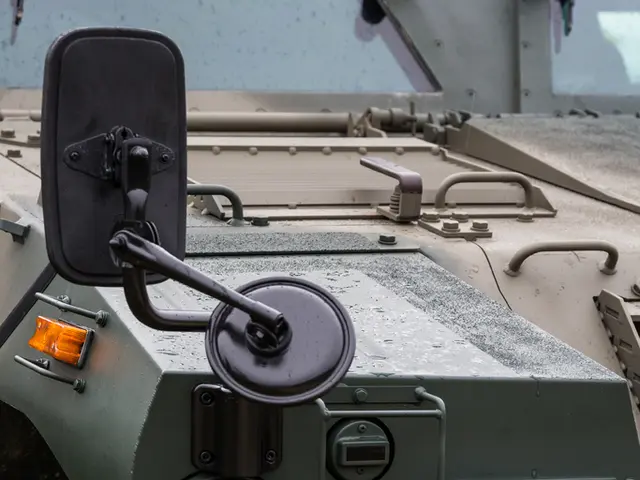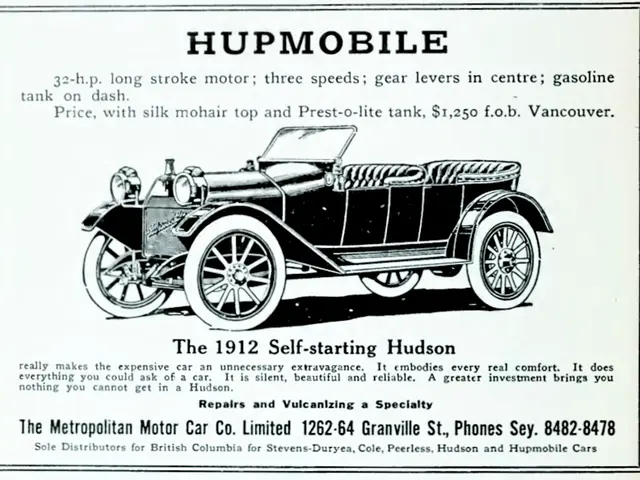Frustrated Owner Struggles After 2023 Toyota Tundra's Engine Malfunction; Vehicle not Included in Recall, Dealer Suggests Replacement with Camry or RAV4, but Owner Needs Reliable Truck to Earn a Living
===================================================================
Toyota has issued a major recall for certain 2022 and 2023 non-hybrid Tundra models, addressing potential engine issues caused by machining debris left inside the engine block’s oil passages. However, concerns persist among owners and observers that the recall may not cover all potential engine failures or newer model years.
The recall, which affects roughly 98,568 trucks, involves replacing the entire engine assembly, including turbos, to prevent severe engine damage, including knocking, stalling at highway speeds, or complete engine failure. The affected vehicles were produced between early November 2021 and mid-February 2023. It does not cover hybrid Tundra models or later model years like 2024 or 2025.
Cale Giddens, a 2023 Toyota Tundra owner, experienced engine failure and was not part of the ongoing Toyota recall. This has sparked debate about whether Toyota needs to expand the recall to newer model years since similar defects may exist beyond the recalled range.
Some Tundra owners report difficulties in getting adequate loaner vehicles during repairs, further complicating the customer experience. For instance, Cale, who uses his truck for work, was offered a Camry or RAV4 as a loaner, which he found unhelpful.
Group members in the "2023-2025 Toyota Tundra Owners" Facebook group expressed shared frustration over loaner arrangements and the importance of a like-for-like replacement for work tools. Other Tundra owners have faced similar frustrations, such as a driver whose truck broke down after just nine days of ownership.
Travis Glodowski, a group member, urged Cale to fight for a suitable loaner vehicle, emphasizing the importance of keeping a paying customer mobile. Joey Nolen, another group member, admitted the situation made him consider purchasing an older Tundra model due to concerns about potential issues and loaner arrangements.
Experiences like Cale's raise doubts about whether Toyota is keeping pace with the expectations its reputation has built. Reading real-world accounts from other owners can help prepare for potential issues before they happen. Manufacturers and dealers should consider having at least a few loaners that can match the owner's actual vehicle to preserve loyalty.
Despite these challenges, some Toyota Tundra owners have transitioned from other brands and found their experiences transformative. Some drivers' loyalty to Chevy has been permanently reshaped by a Tundra, indicating that experiences like Cale's can influence brand loyalties.
Toyota's reliability image wasn't built on avoiding every breakdown, but on consistent performance, transparent fixes, and customer service. It's crucial to document conversations and promises during negotiations for a suitable loaner or repair timeline to ensure these values are upheld.
In summary, Toyota’s recall handles a significant, but not exhaustive set of issues with the Tundra engines, leaving open questions about future expansions. Engine failures can occur outside of official recall groups, so truck owners should not assume their truck is immune just because it's not listed in a recall. A dealer's policy can significantly impact a customer's perception of the brand, sometimes even more than the repair itself.
The ongoing Toyota recall for certain Tundra models has sparked conversations about potential engine issues in the automotive industry, causing financial burden for affected vehicle owners. This situation has led some to considers purchasing vehicles from different manufacturers due to concerns about loaner arrangements in the event of engine failures, affecting the transportation sector.




